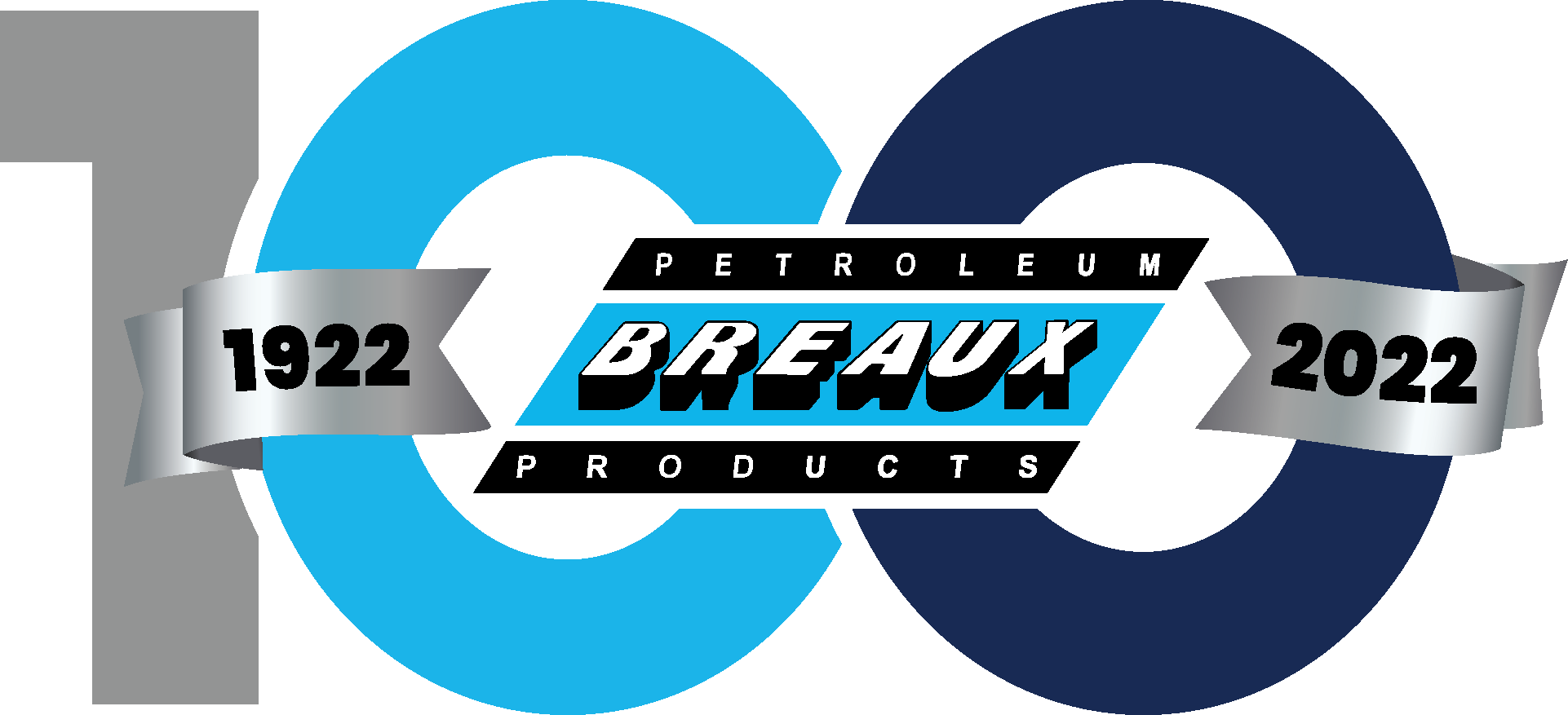Getting Ready for Hurricane Season
This week, May 1–7, marks National Hurricane Preparedness Week with hurricane season officially beginning on June 1. Experts are predicting an active season this year including roughly 19 named storms. As the start of the season quickly approaches, use these tips to help your business get a leg up on preparations. Proper precautions can mitigate damage and downtime should you find yourself in the path of a hurricane.
- Develop a comprehensive emergency plan.
Create a plan that includes evacuation routes, pre and post-storm measures, and communication procedures for alerting employees and customers. Make sure all contact lists associated with your emergency plan are up-to-date. Any secondary office locations or facilities that could be affected by a hurricane should also have a comprehensive emergency plan on file. - Review your insurance policies.
It may seem like a no-brainer, but reviewing your business insurance policies is crucial. Take some time to chat with your agent to ensure your policy covers damages that could result from a hurricane. If flood insurance is not mandatory in your area, consider adding it. - Determine a plan for backup power and fuel.
If your facility has a backup generator on site, perform all necessary maintenance including testing and/or replacing unused fuel that has been stored in the generator for an extended period. Consider purchasing or renting a generator if you do not own one. Develop a plan with your bulk fuel supplier to maintain regular fueling for your generator in the event of a hurricane as well as during recovery efforts. - Protect your facility and assets.
Ensure all essential business records are protected and that any backup technology is working properly. Because emergency supplies tend to move quickly days before landfall, make sure your facility has a stockpile of necessary items such as sandbags and plywood. Clean out drains and catch basins. Test your fire protection equipment and ensure first aid kits are in place. - Establish a plan for your fleet.
If you manage a fleet as part of your business, develop an emergency plan for moving and storing fleet into a secure area during the storm. Establish communication protocols between your dispatcher and drivers as part of the emergency fleet plan. Discuss critical storm safety procedures with all drivers.
Breaux Petroleum offers several services including fuel delivery, temporary fuel storage, and pumping equipment to ensure your business is prepared before, during, and after a hurricane. For more information about our hurricane preparedness solutions, click here. For additional tips and resources on hurricane preparedness, visit the NOAA’s National Hurricane Center.
